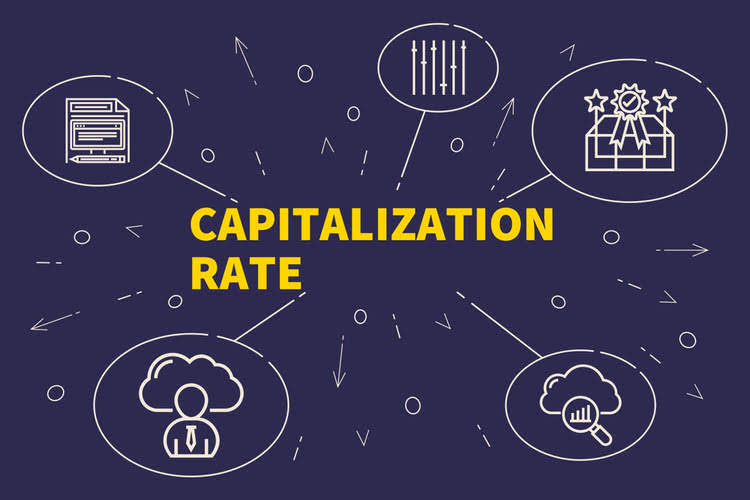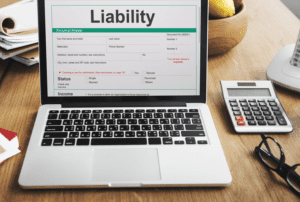mehroz@eqappo.com
Free on Board FOB Explained: Who’s Liable for What in Shipping?

For example, if you don’t have strong logistical capabilities, it may incur extra costs. Check out what does DAP Incoterms mean for alternatives when destination delivery is involved. Contact our logistics experts for a free consultation to avoid costly mistakes.

FCA (Free Carrier)
The risk or liability for the goods transfers from the seller to the buyer when the goods are on board the vessel, and the buyer bears costs from that point forward. Understanding these can help businesses decide whether FOB is the right choice for their specific needs. The buyer has ownership and control over the shipment as soon as it’s picked up and is therefore responsible for the freight charges. The FOB terms of each shipping are written down in the bill of lading – the transport document or the receipt of a freight shipment, which holds all of the critical information for the shipper and the carrier. Keep detailed records of everything — purchase agreements, shipping documents, proof of loading, and communication with suppliers and freight partners. If something goes wrong, the right documentation can be the difference between getting reimbursed and eating the loss.
Impact of FOB on International Shipping and Logistics
From CIF to DDP to FOB, understanding freight terms is one of the basics of freight forwarding and logistics. FOB Destination means the seller retains responsibility for the goods until they arrive at a designated location – whether that’s a port, warehouse, or the buyer’s facility. Ownership and liability shift to the buyer only once delivery to that agreed destination is complete. Free on Board Origin or FOB Shipping Point defines that the seller retains ownership of the goods from the point of origin. Free on Board Destination defines that the seller retains ownership of the goods to the point of destination. Points of destination and origin may be individually defined as part of the UCC FOB contract.
- To avoid disputes, you must ensure that the contract specifies the FOB point clearly.
- The agreed-upon FOB settles any legal or communication concerns with regards to possession and liability.
- Freight forwarders treat it as a way that they know the seller pays local charges in the export country, freight is marked as “collect” on the transport document and paid by the buyer.
- Both parties must fulfill their obligations, mitigate risks, and maintain a positive and trustworthy business relationship to ensure clarity, transparency, and legal compliance in FOB agreements.
- Post-shipment support For buyers, AsstrA can assist with inland transportation, customs clearance at the destination, and delivery to the final address, even if these responsibilities fall outside FOB terms.
Risks Associated with FOB Shipping

Both parties use FOB to know when their responsibilities start and end while clearly communicating the responsibilities of the other party at the same time. In FOB arrangements, the seller must get the purchased goods onto the shipping vessel that will bring the goods to the buyer. Failing to check whether a shipment is labeled as FOB shipping point or FOB destination can leave you uninsured, out of pocket, and responsible for damaged or unsellable goods. CFR or “cost and freight” means that a seller agrees to arrange export and pay for the costs of shipping—but not for insurance, so the buyer takes on the risk of losses once the goods are onboard.
Step Shipment with Bill of Lading

With Incoterms like FOB, the entire process is clearer and easier to follow, both financially and legally. Before negotiating, make sure you understand the consequences of using FOB shipping point or FOB destination for your purchase—in terms of costs, risks, and responsibilities. Some companies will offer different international shipping for different types of products. Once the cargo is secured on board, the buyer takes Outsource Invoicing on all risk and freight costs. Up to that point, the seller handles everything—packing, inland transport, and customs clearance for export.
FOB A2 / B2: delivery
Wisor automates compliance documentation between carriers, freight methods, and organizations, so you can seamlessly Accounting Periods and Methods manage compliance and documentation across agreements like CIF, DDP, and FOB. If your cargo’s in a container, Incoterms recommends using FCA instead for clearer liability handoffs. For other transport modes or if you want a turnkey shipping option, consider terms like FCA or CIP instead.

FOB status says who will take responsibility for a shipment from its port of origin to its destination port. It indicates the point at which the title of the goods transfers from the seller to the buyer, and therefore who needs to cover the costs of transit and deal with any issues. The second portion indicates who will pay for the charges and fees related to the shipment of the goods. Prepaid means that the seller has paid the charges; Collect means that the buyer is responsible for all freight charges. Freight Collect is more common, where the buyer is responsible for all freight charges and assumes all risk for transport.
Does FOB determine the ownership of the cargo?

It’s an agreement between the buyer and seller that specifies when the ownership and liability for the goods being shipped transfer from the seller to the buyer. FOB terms are typically included in shipping orders and contracts, detailing the time and place of delivery, payment terms, and which party handles freight costs and insurance. Understanding the FOB shipping terms is essential for businesses involved in cross-border delivery, like the e-commerce industry. It specifies the point where risk transfers from seller to buyer, leading to smoother and cost-effective transactions.
- Responsibility for the goods is with the seller until the goods are loaded on board the ship.
- Buyers have the ability to choose their own freight forwarder, so they have more access to information about their freight transport and timeline.
- For example, under a UCC FOB Destination agreement, the seller may take full responsibility to the point of final warehousing.
- This means that the buyer immediately assumes ownership and liability when the seller loads the goods on the freight carrier.
- This often includes the original cost of the good, transportation to the departure point, loading charges and export documentation.
- FOB Origin (FOB Shipping Point) and FOB Destination are clearly understood international definitions.
“Destination” refers to the legal fact that the seller retains ownership until a claim-free delivery is affected. “Freight collect” refers to the legal fact that the buyer is responsible for the freight charges. “Freight Prepaid” refers to the legal fact that the seller accepts responsibility shipping point for all freight charges and freight claims exposure. Here is more detail about FOB, beginning with common transportation terms you may encounter. We will also explore steps you can take to deal with FOB issues at your business.


